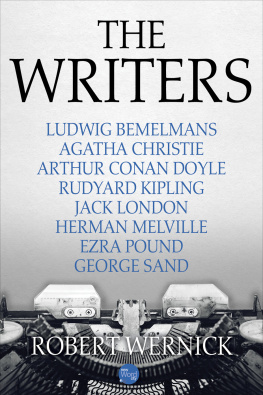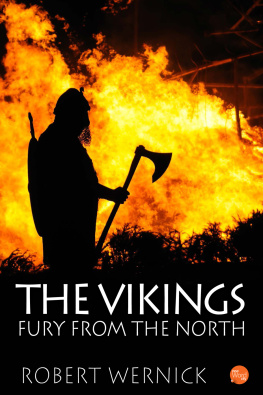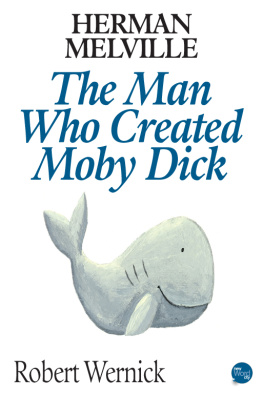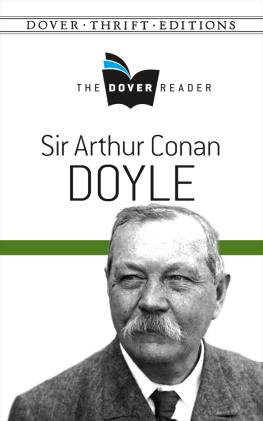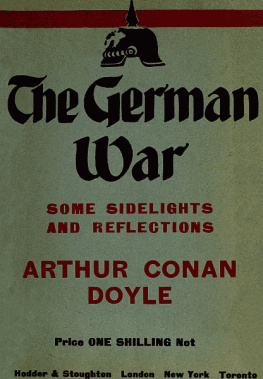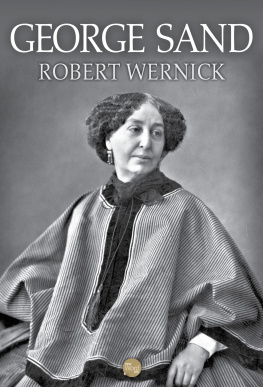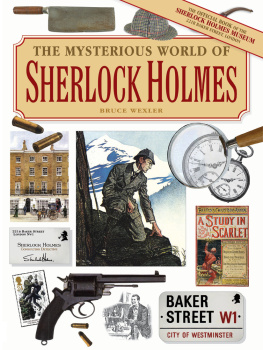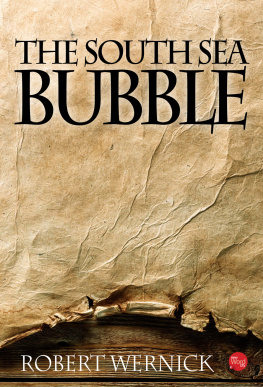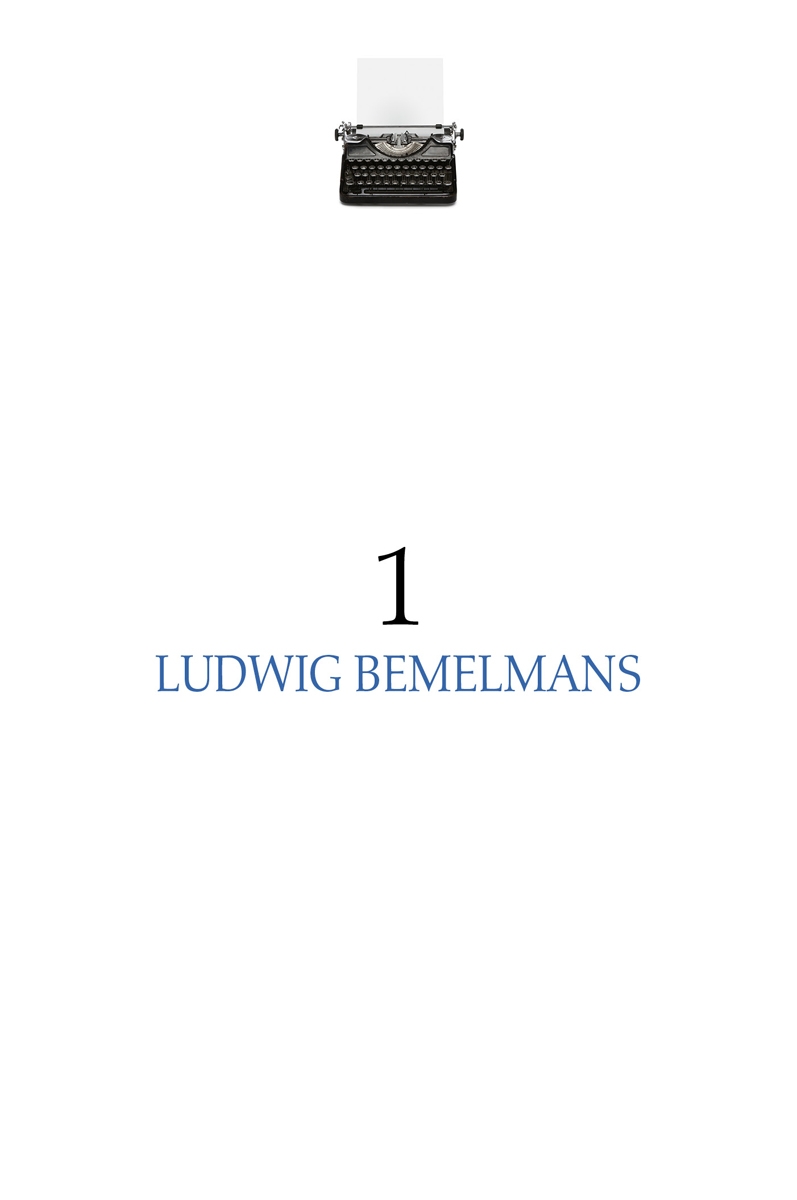
Creators of the eternal images of childrens books have usually been quiet, retiring, private individuals, like the Reverend Mr. Dodgson (better known as Lewis Carroll), who gave us Alice, or A. A. Milne, of Winnie the Pooh fame, or Charles Schultz, who dreamed up Charlie Brown and his crew. A vastly different sort of fish was the creator of Madeline. Almost all children and parents today are well acquainted with Madeline, the little convent-school girl with a blue dress and a yellow hat and a mischief-making smile. But few know that in spirit, she was the mirror image of her creator, Ludwig Bemelmans, the free-wheeling, free-spending, freelance artist of the mid-twentieth century, a man who was always on the go, always getting into and somehow out of impossible situations, a man about any town you can think of (New York or London or Paris or Quito), a boulevardier and a raconteur, everyones idea of a pure product of old Vienna, though in point of fact, he spent very little time in Vienna.
He was the child of a Belgian father and a German mother and lived his first six years in pampered, solitary ease in an old house in a park on its own little island across a lovely lake from the hotel his father owned in the Austrian resort of Gmunden, where the Queen of Greece came from. He shared those years with a big handsome swan and a governess named Mademoiselle, which he pronounced Gazelle, who combed his golden curls and sang French songs to him and called him her sweet little cabbage, in an endless wonderland of mist and flower and mountain. He saw his father rarely, when he came by to give him things like a toy motorcar, but his father saw no point in talking to a boy before he was seventeen and could understand what he was being told. Once he had him dressed up as an angel and slung on a pulley to the top of a Christmas tree in the hotel dining room, but the noise and the smells and the flickering candles made the child sick, and he was sent back in disgrace to his island and his Gazelle.
Then one day, the happy days abruptly ended. His father ran away. Gazelle ran away (it is not clear from his account whether they ran away together), and he was being clothed and combed by a beautiful stranger, his mother. Oh why, he asked God in his prayers, had his father not run off with his mother and left him alone with Gazelle?
From the paradise of Gmunden on the Traunsee River, where he had only spoken French, he was thrust into the purgatory of Regensburg on the Danube in Bavaria, a tight, cold clannish city, where he would always remain something of an outsider though his grandfather owned the brewery whose smells wafted down the streets. He was thrown out of every school they sent him to, for being unruly, impertinent, never serious, always late, and keeping bad company. Then they sent him back to Austria, to the beautiful Tyrol to live with an uncle who owned a whole chain of luxury hotels in mountain resorts frequented by European royalty. This uncle, who called him affectionately Lausbub, or Little Louse, first gave him a horse on which he could ride to surrounding villages, but then determined to teach him the hotel business. By the time he had been fired from each of the hotels in turn, it was apparent to his most lenient relatives that he could be on the road to ruin. Disgrace, disgrace, disgrace, said his mother to him, and though she added, Everything will come out all right in the end, Ludwig. The family decided the only thing to do with the Little Louse was to put him, at age sixteen, on a ship going to New York, where, perhaps, the standards in the hotel business would be less high. He got a job as a busboy at the Hotel Astor.
He had worked his way up to a better job at a fancier hotel, and he had the small fortune of $250 in his bank account when he fell in love with an actress. She was playing the noblewoman in a German operetta called Hoheit tanzt Walzer (Her Highness Waltzes). In Act I, her Highness comes in a carriage to a little Austrian inn, where she finds a prince living incognito, the very prince with whom she had been passionately in love since they first laid eyes on each other at the age of five in the garden of the Archdukes castle. They sing a duet of tender longing. Now or never was the moment for young Ludwig to make his presence known to her. He ran out of the theater, called a taxi, drove up Fifth Avenue until he found a fancy florist shop where he could buy, for $25 (about $400 in todays money), not any old bouquet but a whole four-foot rose tree, which he brought down to the theater in the middle of Act II. He handed his offering over to two female ushers with instructions to present it to the Princess at the end of her next aria. By the time he had got to his seat and unrolled his program he learned that the scene had been changed to the Archdukes park and time had rolled back twenty years, and the part of the Princess was being played by Lisl Stolz, aged six. The rose tree was already on its way down the aisle, and it was too late for him to do anything but run away, anywhere, anywhere out of the world, before it was ceremoniously presented by the conductor to the Princess, and she opened the note attached to it announcing his love and asking her to dinner at Luchows after the performance.
Such falls from grace were to form a pattern that would rule all his full and peripatetic days, promises of comfort and serenity and fair prospects followed by bleak and sometimes grotesque, sometimes merely ridiculous, disaster, taken always in stride, with a fatalistic good humor, a cheerful readiness to go on to something else. His life, at least his life in a series of popular books, was a tale sung by Franz Kafka to the tune of Merry Widow waltzes. He once told his publisher that he had a line ready to be incised in his tombstone: Tell them it was wonderful, a title actually used for a collection of his sketches, which was published a quarter century after his death.
His wife Madeline - Mimi had a characteristically curt comment on the title: Sometimes it was. Sometimes it wasnt.
Mimi had every reason to know what she was talking about. A student at Barnard when she married him, after brief careers as a nun and an artists model, she was always ready to swing alongside him in whatever direction he swung. One of her happier memories is the time, in the 1930s, when they were on a train going from Austria to Germany, and the train was held up a long time at the frontier. She took advantage of the forced idleness to paint her toenails, and noticing her husbands bare feet sticking out from beneath the covers on the upper berth, where he was snoring, she painted his toenails the same shade. The next day, they were in a beer garden in Berchtesgaden, where a big window allowed a view of Adolf Hitlers Eagles Nest on the mountain top. The radio began blaring a Hitler speech, and all eyes in the establishment turned automatically to the window in mute homage to the beloved Fuhrer. Just under the window was Ludwig Bemelmans, with a cigar stub between his upper lip and his nose, giving a mock Nazi salute, and making disagreeable mock-Hitler-like sounds. He might have been lynched on the spot, but the police stepped in and took him off to jail for investigation as a potential subversive. When they strip-searched him and came upon the toenails, they cried in furry, So that is the kind you are. Well show you what we do to your kind, and threw him into a black hole full of whatever they had picked up recently in their search for decadence and degeneracy. There he would spend many uncomfortable hours before an American vice-consul turned up to negotiate his release and tell him to get out of the country in a hurry. He was soon back in the United States, turning out covers for

